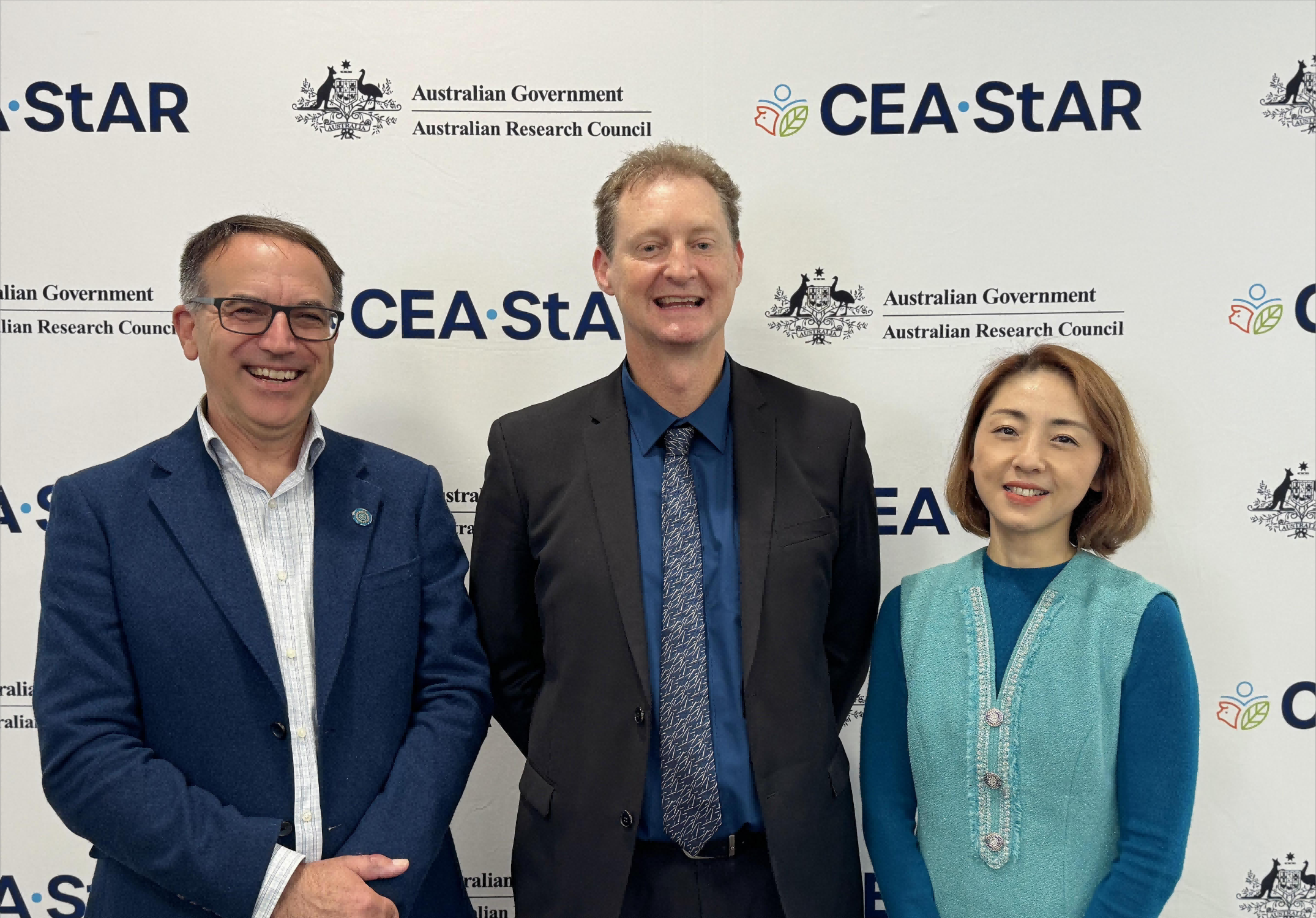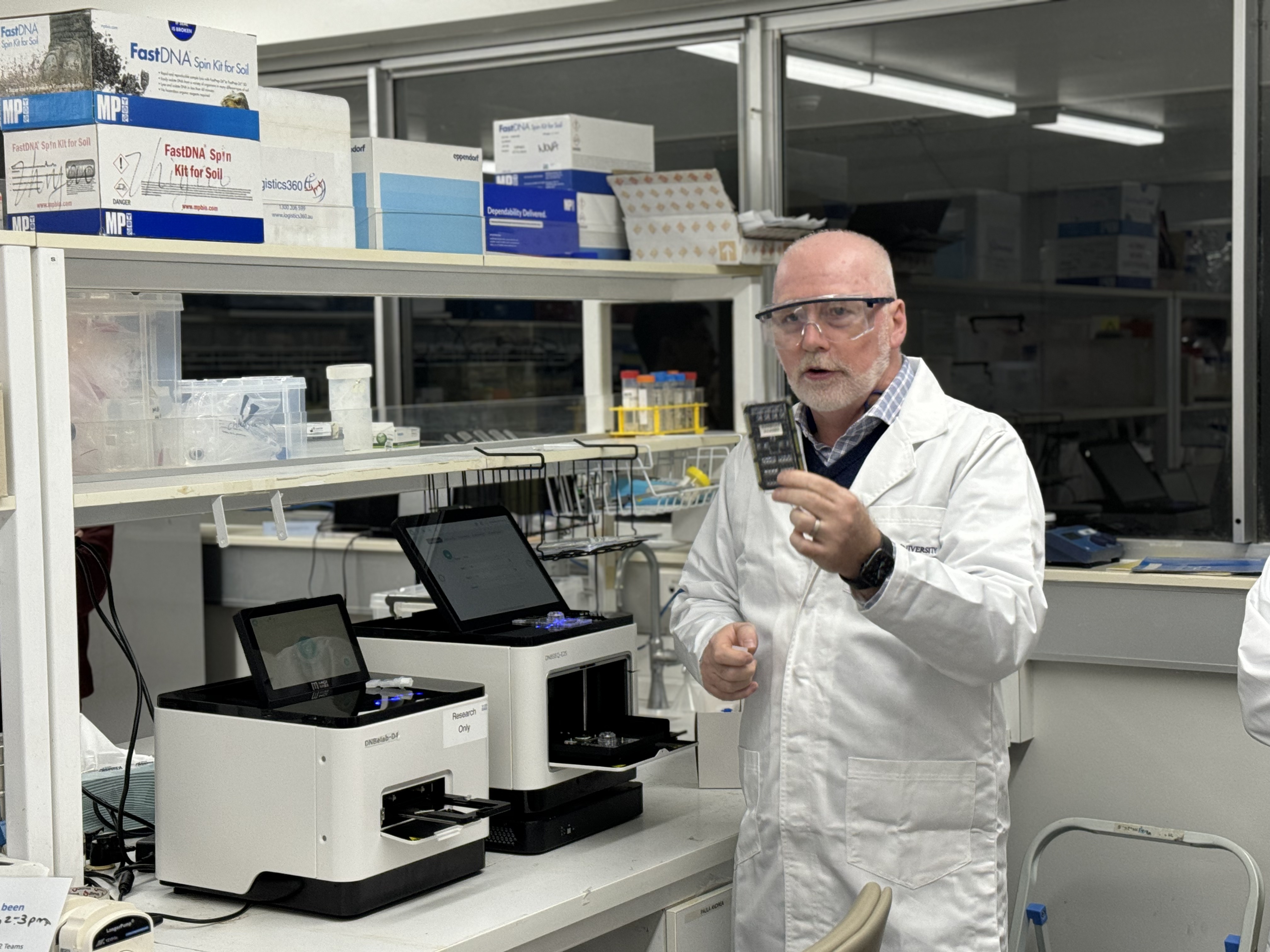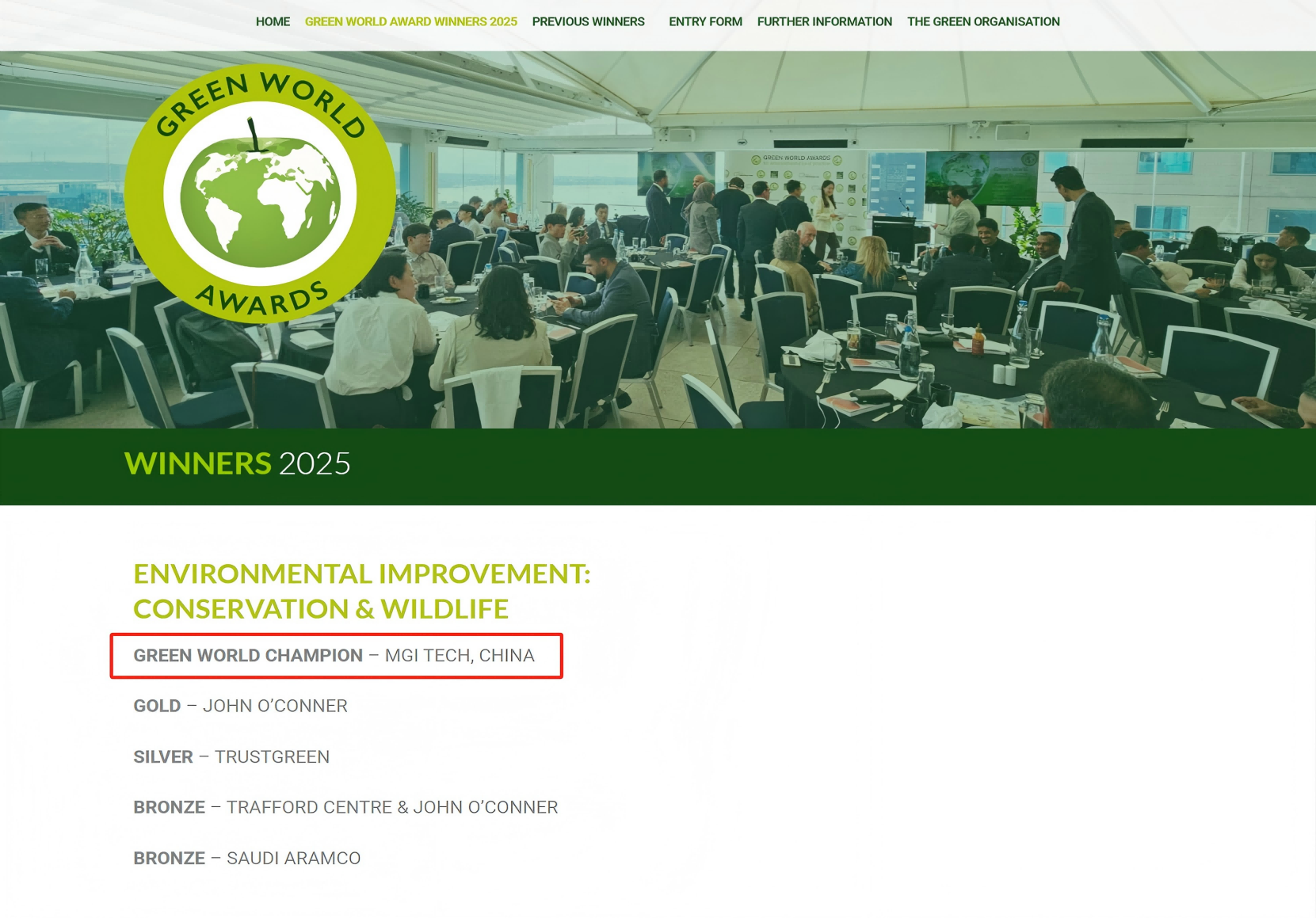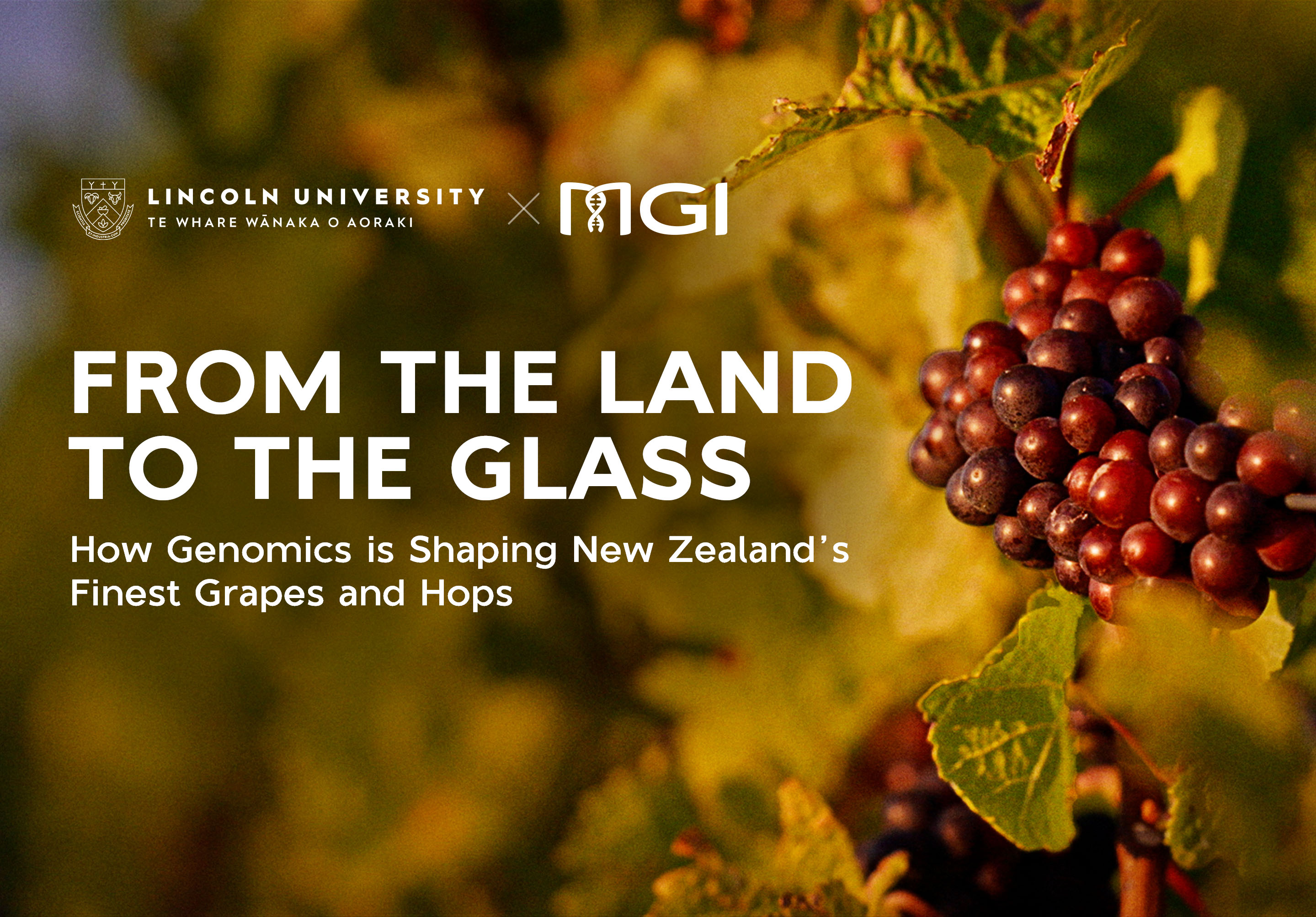Brisbane, Australia, 5 July – MGI Australia Pty Ltd, subsidiary of MGI Tech Co., Ltd., a company committed to building core tools and technologies that drive innovation in life science, proudly announces its strategic partnership with The University of Queensland(UQ) led Centre for Environmental and Agricultural Solutions to Antimicrobial Resistance (CEAStAR) funded by Australian Research Council. This pioneering initiative aims to combat the global crisis of antimicrobial-resistant infections affecting human health, agriculture, and the environment. The World Health Organization (WHO) lists AMR among the top 10 threats for global health.

Headquartered at UQ’s Institute for Molecular Bioscience (IMB), CEAStAR focuses on developing innovative approaches to tackle antimicrobial resistance. Led by Centre Director Professor Mark Blaskovich, CEAStAR emphasizes the urgent need for alternatives to antibiotics in agriculture and veterinary medicine, crucially addressing the misuse and overuse of antibiotics globally.
“CEAStAR employs a ‘One Health’ approach, recognizing the interconnectedness of human health, animal health, and the environment in combating antimicrobial resistance,” said Professor Blaskovich. “Our goal is to deliver new antimicrobials for animal use, alternative treatments, and advanced detection methods to mitigate the spread of resistant microbes across sectors.”
MGI’s proprietary DNBSEQTM technology, renowned for its high accuracy and efficiency in genetic sequencing, plays a pivotal role in CEAStAR’s efforts. This technology, integrated with MGI’s automated laboratory systems, enables portable, on-site sequencing solutions. These solutions empower rapid detection, surveillance, and monitoring of antimicrobial resistance (“AMR”) in diverse environmental settings, including wastewater and agricultural environments.

"We have successfully collaborated with UQ, utilizing our cutting-edge sequencing technology to detect SARS-CoV-2 variants and antibiotic resistance genes in wastewater," said Dr. Bicheng Yang, Director of MGI Australia. "We look forward to expanding this partnership, continuing to develop and apply innovative solutions to combat AMR."
As part of the CEAStAR initiative, on World Food Day 2023 MGI announced support for an industry-driven graduate research project focused on developing sequencing-based surveillance to monitor antimicrobial resistance (AMR) in the water environment. Through a collaboration between The University of Queensland, the University of Adelaide, and MGI, this project aims to develop innovative methods to reduce the adverse impacts of AMR in engineered or natural aquatic environments, potentially contributing to improved water quality and food safety.

CEAStAR, supported by funding from the Australian Research Council and industry partners, represents a collaborative effort involving leading academic institutions and industry innovators like MGI. Together, MGI and CEAStAR aim to foster a healthier future by safeguarding the effectiveness of antibiotics and developing alternative treatments for livestock and companion animals.



 Sequencer Products: SEQ ALL
Sequencer Products: SEQ ALL















 Technologies
Technologies Applications
Applications Online Resources
Online Resources Data Bulletins
Data Bulletins Service & Support
Service & Support Introduction
Introduction Newsroom
Newsroom Doing Business With Us
Doing Business With Us Creative Club
Creative Club













